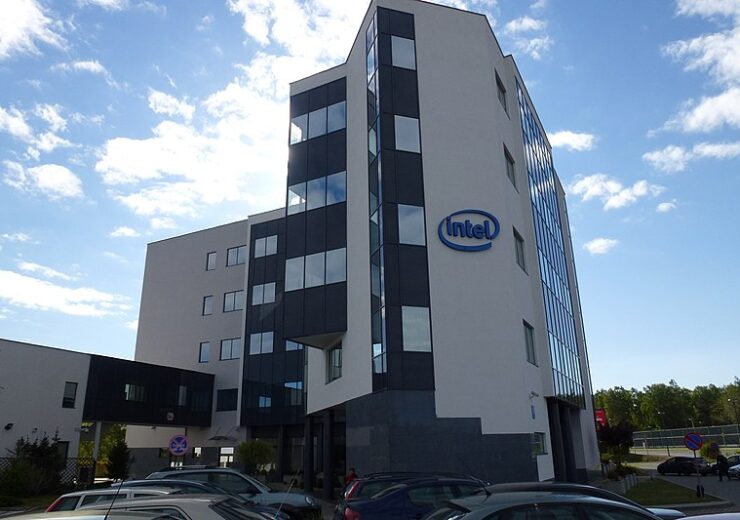The new resource, which offers access to tools from the Intel oneAPI Base and HPC Toolkits, helps in optimising performance through Intel Select Solutions for Simulations & Modeling

Intel and Google release Cloud HPC Toolkit. (Credit: Almondox/Wikimedia Commons)
Intel and Google have joined forces to launch the Cloud HPC Toolkit to help drive forward high performance computing (HPC) on Google Cloud.
The new resource gives access to tools from the Intel oneAPI Base and HPC Toolkits. It helps in streamlining performance through Intel Select Solutions for Simulations & Modeling.
According to Intel, the new tools enhance compile times, speed of results, and provide multi-vendor acceleration in SYCL.
Built by using 2nd Gen Intel Xeon Scalable processors, the Cloud HPC Toolkit with Intel Select Solutions lets users to simplify configuration and deployment of HPC workloads and streamline for real-world performance.
Google HPC solution lead Ilias Katsardis said: “Using Cloud HPC Toolkit with an Intel Select Solutions for Simulations & Modeling blueprint brings the added benefit of automatically spinning up a hardware-software configuration that has been rigorously tested and optimised for real-world performance, eliminating guesswork.”
Through the Spack package manager software delivery and build platform, Intel Select Solutions for Simulations & Modeling also offers access to tools such as the Intel MPI Library and Intel oneAPI Math Kernel Library.
Intel said that the result of its work with Google helps make HPC more effortless and turnkey for users in the community.
The company stated that integrated Intel oneAPI tools support the open standards required by HPC developers. These include C++, Fortran, SYCL, MPI, OpenMP, and Python.
The tools by using a single codebase, deliver productive cross-architecture performance across central processing units (CPUs) and graphics processing units (GPUs), said Intel.
The company also said that as a next step, it is extending open programming solutions into cloud environments to enable innovation to be driven across the industry as well as adoption of new HPC CPU and GPU architectures once they are available.


